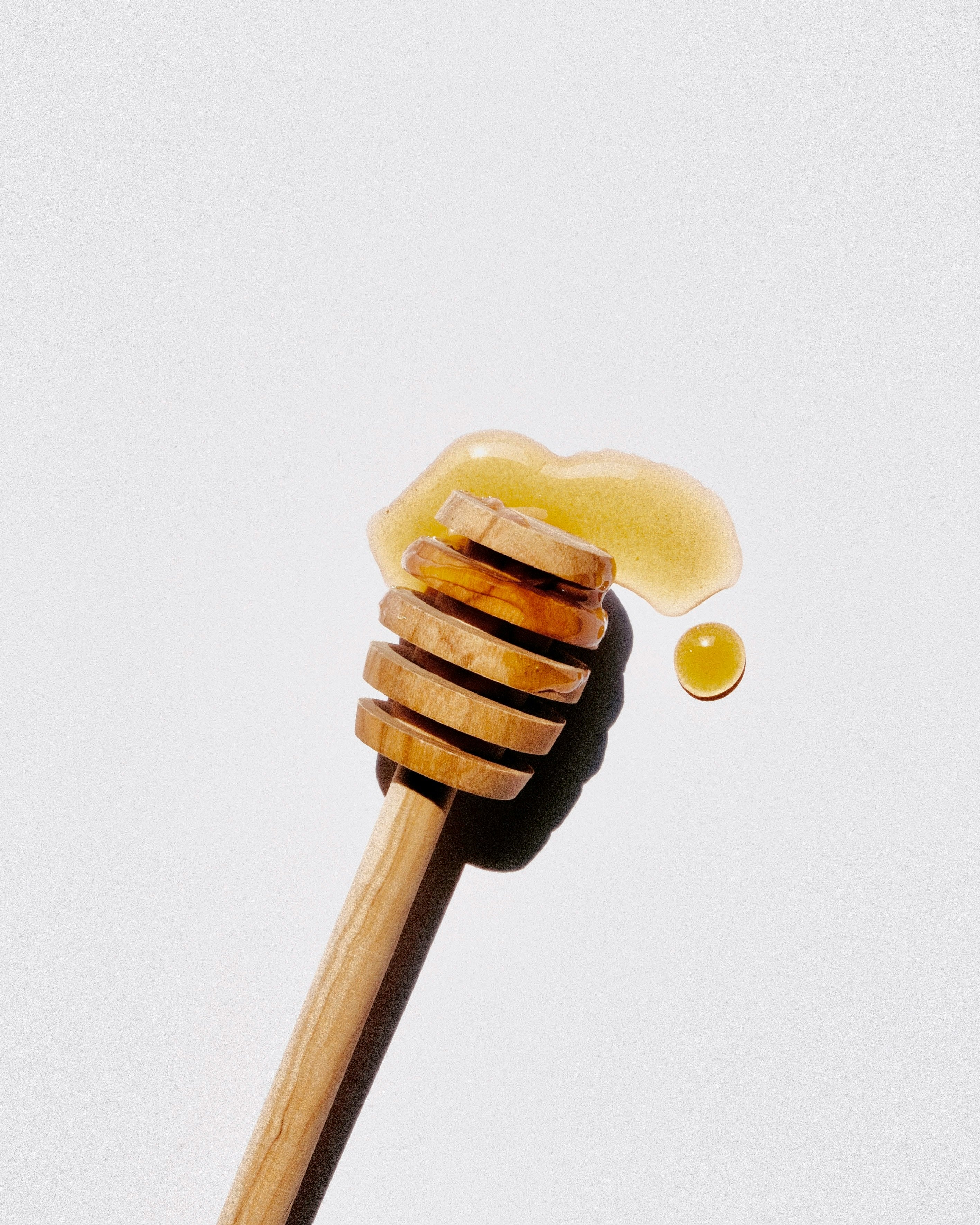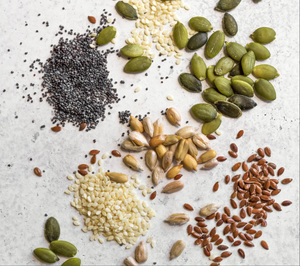When it comes to sweeteners, the choices can be overwhelming. However, understanding which healthy sweeteners support your well-being and which ones to avoid is crucial for maintaining balanced blood sugar levels, reducing inflammation, and promoting overall health. Here’s a breakdown of my favorite natural sweeteners and the ones I suggest staying away from to support your gut health, blood sugar regulation, and long-term wellness.
Best Natural Sweeteners to Choose
-
Coconut Sugar
Coconut sugar is a great alternative to refined sugar with a lower glycemic index, which means it has a gentler effect on your blood sugar levels. It also contains small amounts of iron, zinc, and calcium, making it a better option than traditional white sugar. Coconut sugar is an ideal choice for those seeking healthier sweetener alternatives. -
Maple Syrup
Maple syrup provides a rich, natural sweetness and is packed with trace minerals like manganese and zinc. Its anti-inflammatory and antioxidant properties help fight oxidative stress, supporting your overall health. Maple syrup is an excellent choice when used in moderation for balanced blood sugar levels. -
Honey
Honey is another natural sweetener that has a lower glycemic index compared to refined sugar. It’s rich in antioxidants and has proven anti-inflammatory effects, making it beneficial for both taste and health. Choosing local honey can also help with seasonal allergies. However, honey is still high in sugar, so use it sparingly, especially if you're watching your sugar intake. -
Monk Fruit Sweetener
Monk fruit is a zero-calorie sweetener that’s significantly sweeter than regular sugar but doesn't raise blood sugar levels. It's a diabetes-friendly option that is rich in antioxidants. Monk fruit sweetener is an excellent addition to your pantry for those seeking a natural, calorie-free sweetener. -
Yacon Syrup
Yacon syrup is derived from the root of the Yacon plant and boasts a low glycemic index. It contains fructooligosaccharides (FOS), which act as prebiotics, supporting gut health and digestion. Yacon syrup has been linked to weight loss benefits due to its positive effects on appetite regulation, making it a good choice for those looking to manage their weight naturally. -
Date Sugar
Made from dried dates, date sugar is a nutritious alternative to refined sweeteners. It contains fiber, antioxidants, and potassium, providing both sweetness and additional nutritional value. Date sugar is a great option for those seeking more than just sweetness from their sweeteners. -
Stevia
Stevia is a zero-calorie, natural sweetener that doesn’t affect blood sugar levels. When choosing stevia, it’s important to opt for 100% pure stevia extract without any additives like erythritol, maltodextrin, or dextrose. Always choose organic and non-GMO varieties for a healthier, clean alternative to sugar.
Sweeteners to Avoid
-
Cane Sugar/White Sugar/Brown Sugar
Refined sugars, including cane sugar, white sugar, and brown sugar, have no nutritional value and are rapidly absorbed into the bloodstream, causing blood sugar spikes. Consuming too much refined sugar can contribute to insulin resistance, inflammation, and weight gain, making it one of the top sweeteners to avoid for long-term health. -
Brown Rice Syrup
Brown rice syrup may seem like a natural alternative, but it has a high glycemic index and can lead to rapid spikes in blood sugar. It’s also often highly processed, which strips away any potential health benefits, making it a less-than-ideal sweetener choice for those aiming for a healthy diet. -
High-Fructose Corn Syrup (HFCS)
High-fructose corn syrup (HFCS) is commonly found in processed foods and beverages. It’s linked to a variety of health issues, including increased risk of obesity, type 2 diabetes, and heart disease. In children, HFCS consumption has been associated with behavioral problems, including hyperactivity, mood swings, and irritability. Studies suggest that the rapid spikes and crashes in blood sugar caused by HFCS can affect mood and energy levels, potentially contributing to ADHD symptoms and other behavioral concerns. Avoiding HFCS is a key step in promoting both physical and mental well-being, especially in children. -
Splenda (Sucralose)
Sucralose, commonly known as Splenda, is an artificial sweetener often used in processed foods and drinks. While it’s calorie-free, there are concerns that sucralose may disrupt gut health and negatively affect the microbiome. Some studies also suggest it may increase cravings for sweet foods, leading to overconsumption and potential weight gain. -
Sugar Alcohols (Erythritol, Xylitol, Maltitol)
Sugar alcohols like erythritol, xylitol, and maltitol are often used in sugar-free products. While they contain fewer calories than regular sugar, they can cause digestive issues such as bloating, gas, and diarrhea when consumed in large amounts. Additionally, sugar alcohols can still impact blood sugar levels in some individuals, making them a less-than-ideal choice for those seeking to regulate blood sugar levels.
When choosing sweeteners, opt for natural sweeteners that are nutrient-dense, like coconut sugar, maple syrup, and stevia. These choices support overall health by offering antioxidants, minerals, and a lower glycemic index compared to refined sugar. On the other hand, it’s best to avoid highly processed sweeteners like white sugar, HFCS, and artificial sweeteners like sucralose and sugar alcohols, which can cause inflammation, disrupt gut health, and lead to blood sugar imbalances.
By making mindful choices, you can satisfy your sweet tooth without compromising your health. Remember, moderation is key—whether you're using natural sweeteners or low-calorie options, it’s important to consume them in a balanced way to support your long-term health and well-being.








